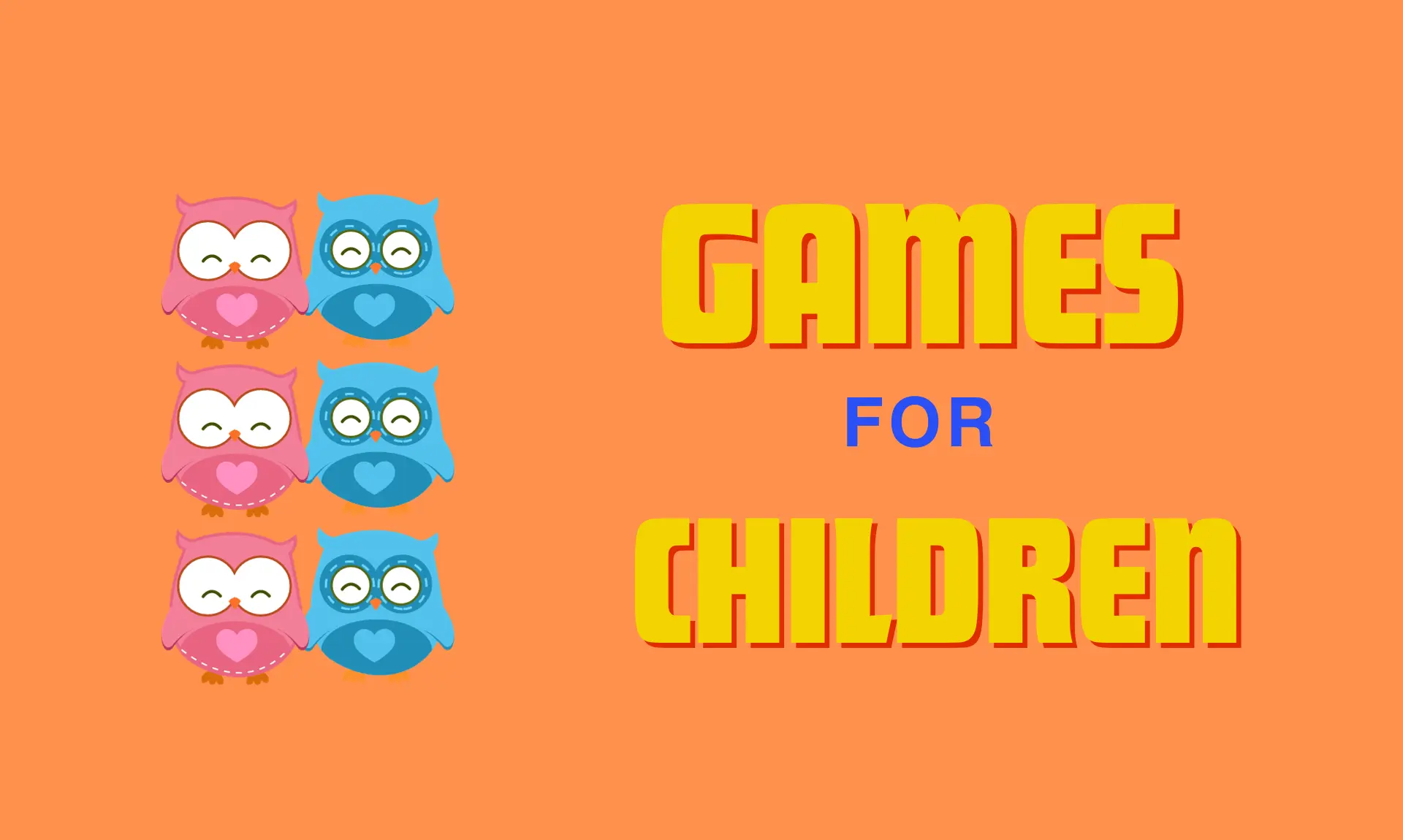Theory of Love
Love is a complex and multifaceted emotion, often categorized into different types based on its nature, intensity, and the relationships involved. Various theories attempt to explain these types of love, each shedding light on the distinct aspects of human affection and connection. Here are some common types of love and relevant theories, along with explanations and examples:
Eros Love:
- Theory: Eros, originating from Greek philosophy, represents passionate and romantic love. It’s characterized by intense desire, attraction, and an emotional connection typically associated with early stages of a romantic relationship.
- Explanation: Eros love is often driven by physical attraction, infatuation, and the thrill of being with someone. It’s the romantic love that leads to intimate relationships and is often associated with the honeymoon phase.
- Example: The excitement and passion experienced during the initial stages of a romantic relationship, characterized by infatuation, heightened attraction, and strong desire, embody eros love.
Philia Love:
- Theory: Philia, another Greek concept, refers to platonic or friendship love. It involves deep friendship, loyalty, companionship, and mutual respect among individuals.
- Explanation: Philia love is based on shared experiences, common interests, and mutual understanding. It’s a type of love that transcends physical attraction and is essential for nurturing lasting friendships.
- Example: The close bond and camaraderie between childhood friends who have supported and stood by each other for many years are examples of philia love.
Storge Love:
- Theory: Storge represents familial or familial-like love. It’s an affectionate bond often observed within families or close-knit groups, characterized by familiarity, comfort, and long-term commitment.
- Explanation: Storge love is rooted in familiarity, shared experiences, and a sense of security. It’s the love we feel for our parents, siblings, or close relatives.
- Example: The deep love and sense of security felt by a child towards their parent or the strong bond between siblings showcase storge love.
Agape Love:
- Theory: Agape, stemming from ancient Greek philosophy and Christianity, denotes unconditional and selfless love. It’s characterized by altruism, compassion, and care for others without expecting anything in return.
- Explanation: Agape love embodies unconditional acceptance and benevolence towards humanity, promoting empathy, forgiveness, and understanding. It’s often associated with spiritual or divine love.
- Example: Acts of charity, forgiveness, and compassion demonstrated towards strangers or those in need reflect agape love, as claimed by Jesus Christ.
Pragma Love:
- Theory: Pragma is a practical and pragmatic form of love, often associated with long-term relationships and compatibility. It involves a logical and strategic approach to finding a suitable partner based on common goals, values, and interests.
- Explanation: Pragma love prioritizes compatibility, shared values, and practical considerations for a successful and enduring relationship. It often evolves over time through understanding and compromise.
- Example: A couple who carefully consider each other’s life goals, values, and lifestyle preferences before committing to a long-term relationship exemplify pragma love.
Mania Love:
- Theory: Mania represents obsessive or possessive love, characterized by intense emotions, jealousy, and a strong desire to possess or control the other person.
- Explanation: Mania love can be overwhelming and tumultuous, often stemming from insecurity or fear of losing the other person. It may involve excessive possessiveness and a rollercoaster of emotions.
- Example: An individual who constantly feels anxious or jealous in a relationship, constantly seeking validation and reassurance, may be experiencing mania love.
Understanding these types of love and associated theories can provide valuable insights into the complexities of human emotions and relationships. It’s important to recognize that individuals may experience a combination of these love types throughout their lives, influencing the dynamics of their relationships.
latest video
news via inbox
Nulla turp dis cursus. Integer liberos euismod pretium faucibua





